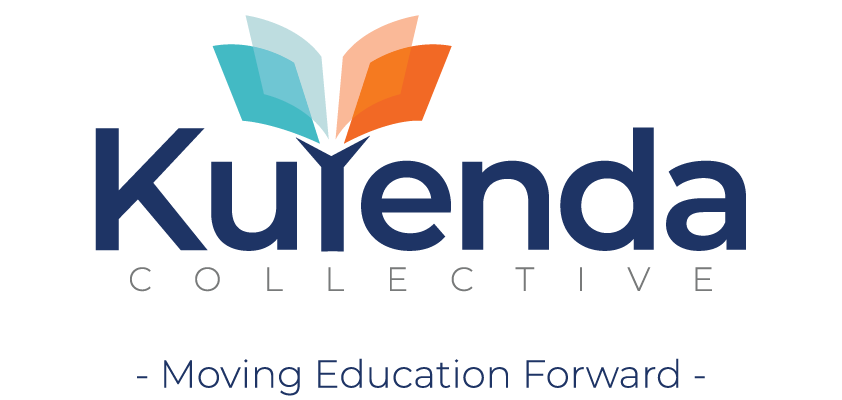Preface
No learner should be denied access to quality education and training. In fact, irrespective of the colour, creed, gender, socio-economic status, and place of residence, everyone must have the opportunity to benefit from the best teaching and learning systems. With the growing exponential demand for education coupled with the fact that several countries are struggling to meet the Sustainable Development Goals, as reported in the UN SDG 2021 Report (UN, 2021), the SADC Secretariat with the support of UNESCO-ROSA, and the collaboration of the Member States (MS) and key stakeholders, have developed this Regional Open and Distance Learning (ODL) Strategic Plan 2022-2030. This plan aims at building on existing quality ODL policies and strategies in each MS at ECD, primary, secondary, post-secondary, tertiary, technical, and vocational levels in both public and private sectors, and adopts a lifelong learning approach.
ODL, especially when it is supported by digital technologies such as artificial intelligence, does not only have the potential of meeting the individual learning needs of each learner but also to take quality education and training to the doorsteps of everyone who is desirous to learn. Quality materials, which can be developed centrally together with audio, video, multimedia and animated lessons, can be made available to everyone. Of course, if there is sufficient bandwidth the learning can be done synchronously, and asynchronously through blended mode. The present report has also recommended the use of virtual labs in science subjects. .
MS have been involved throughout the development of this strategic plan. It started with a baseline study to gauge the status of ODL in the MS in 2019 (SADC & UNESCO, 2020). The findings of the baseline study were used to develop the current strategic plan. MS have been collaborating with the consultants so as to craft a plan that is relevant, impactful, and will empower learners, teachers and education management at institutional and system levels with skills and competencies that would allow them to contribute meaningfully in the progress of their communities and countries.
The implementation of this plan depends on a large number of stakeholders including donor partners, benefactors, MS, educational and training institutions, regulators, quality assurance agencies, and local partners. The SADC Secretariat will coordinate the implementation of this plan. One of the key elements of this plan is the establishment of the National ODL Councils that will bring together representatives of the of the ODL stakeholders in each MS. Representatives of the National ODL Councils will form part of the SADC ODL Council. Thus, the key ODL players in each MS will be working together with their counterparts in other MS. This network will be strengthened through the sharing of the best practices. This plan includes a monitoring and evaluation plan as well as an itemised budget. A mid-term review of this plan will be conducted in 2025.

